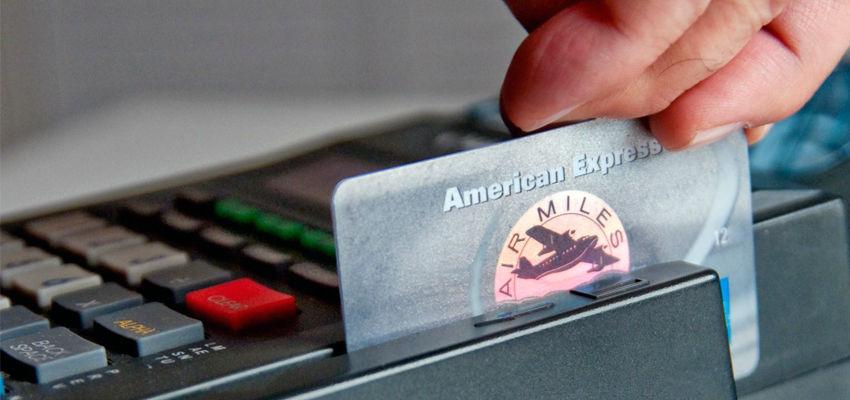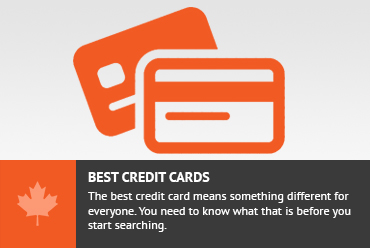Travelling with credit cards involves a few decisions you need to make – and a few things you need to do – even before you leave home. This month’s reader question explores some of these issues.
Dear Nora: Is a credit card the best way to pay for things while I travel? I have a few at home; how many credit cards should I travel with? And how do I avoid fraud and identity theft that can happen in foreign countries? -Anna
Advantages of Travelling With Credit Cards
Anna: I swear by my credit cards while travelling. Whenever possible I charge all my expenses to my credit card for a variety of reasons, including the following:
- You need a credit card to secure hotel and flight reservations, and make online bookings. As an alternative if you don’t have a credit card, you can use special “Visa debit cards” which are simply debit cards issued by your bank that have a number and stripe allowing you to use them like credit cards (provided there’s money in your account to cover the charge).
- Credit cards usually afford you the lowest currency conversion charges and exchange commissions when you charge expenses abroad. The rates can vary, but a reasonable currency conversion charge to expect is 2.5%.
- Credit card purchases result in a detailed record of your expenditures, which is great for budgeting and accounting purposes.
- If you’re a victim of fraud or identity theft, you have recourse with a credit card and you aren’t held responsible for paying fraudulent charges.
- Some credit cards provide automatic travel insurance for flights and car rentals.
- Depending on the credit card, you have a chance to earn frequent flyer miles on every dollar you spend, which in turn, can help you save big bucks on flights.
Pitfalls of Travelling With Credit Cards
Before I come off as too evangelistic about credit cards, they aren’t infallible while travelling. Here are some factors to be aware of:
- Cash advances are evil. On top of withdrawal fees that can run up to $10, interest is charged on your entire credit card balance from the date of the cash advance. (For standard credit card purchases, you have a grace period that allows you to pay no interest if you pay off the bill in full by the the statement due date; with a cash advance, interest compounds immediately).
- While travelling, some merchants give you the option of charging the expense in your home currency. Don’t do it! This option is fraught with extra hidden fees and higher currency conversion charges.
- Identity theft happens (and home and abroad). You’ll help your chances by not letting the card out of your sight, and always getting a receipt for your purchases.
- In some countries (Mexico is a prevalent example), merchants might tack on an extra fee – either a percentage or a flat fee – for using a credit card. In these cases, it’s good to have some cash on hand if the fees are too high to justify.
- Sometimes through no fault of your own, your purchase might be declined. This is because the credit card company flagged the foreign charge as suspicious activity and they’ll require you to call to confirm recent transactions and reactivate your card.
- Resist using your credit card in a payphone to make long-distance calls from the airport. I’ve made that mistake more than once; it cost me $78 to leave a message on an answering machine, and $150 for a 5-minute call from Europe to Canada.
How Many Credit Cards to Travel With
I generally travel with two credit cards. I use one for the majority of my purchases, and I keep the other one as a backup. (Make sure you use your backup card at least once every month or two; otherwise they may cancel it without notice due to inactivity).
Occasionally I might travel with three credit cards if I’ve applied for one with an amazing frequent flyer mile bonus and I need to rack up some purchases to qualify. But for most intents and purposes, two is enough, especially if your trip is of a limited duration.
Tips for Travelling With Credit Cards
Here are some tips to take advantage of the benefits of travelling with credit cards while hedging against the pitfalls:
- Sign up for electronic billing so you can monitor statements and charges from abroad, and register your email address so the credit card company can contact you if something goes wrong or they need to confirm suspicious charges with you.
- Create travel alerts to reduce the chances of charges being flagged as suspicious; you can do this by calling to advise them of your travel plans (some credit cards now allow you to create travel alerts online). This will reduce – but not eliminate – the chances that purchases are declined. (All the more reason to travel with two credit cards).
- Keep the customer service phone number handy in case you need to sort out any issues with your credit card on the fly.
- Store your credit card information – including the toll-free/collect customer service numbers – in a secure place while you travel. With this handy, if your card is lost or stolen you can contact them right away to cancel the card and start the process of getting a new one.
Nora Dunn is The Professional Hobo; a Canadian and former Certified Financial Planner who sold everything to travel the world. She has been on the road since 2007, writing about the art of travelling full-time in a financially sustainable way for publications around the world.
travelling with credit cards











One comment on “Dear Nora: Tips For Travelling With Credit Cards”